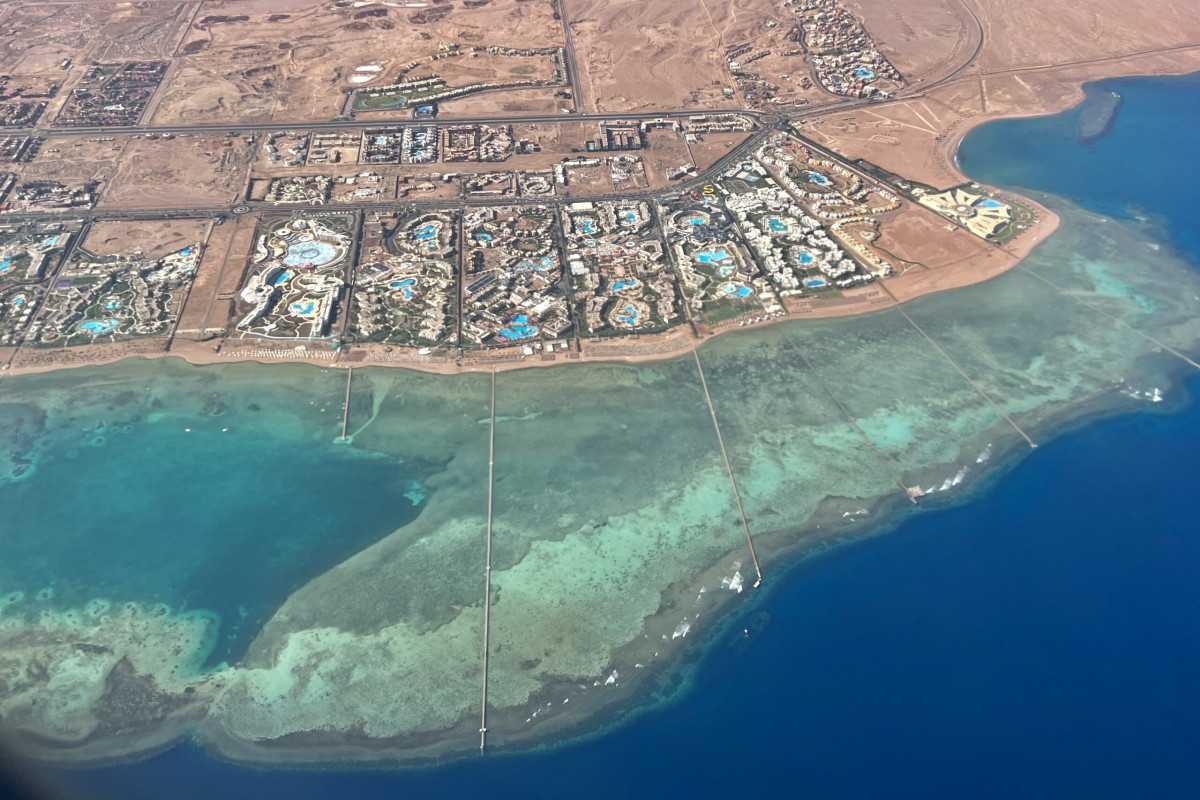“I think that the most urgent need is to judge people who are responsible of war crimes in Khojaly. Obviously Azerbaijani territorial integrity must be restored”, - Estonian writer Kersti Kivirüüt said in an interview with ONA news Agency.
– Who are your favorite writers in Estonia and beyond? On this list is there any Azerbaijani writer?
– For me reading is one possibility to relax and entertain myself, therefore I enjoy adventures, detective stories, fantasy and sci-fi novels etc. But occasionally is refreshing to dive into more complicated texts. My good friend from Baku Nadir Adilov sent me two books by Said Kurbanov – “Ali and Nino” and “The Girl from a Golden Horn”. I especially enjoyed the second one – personal struggles and fight for happiness of the young girl Asiadeh Anbara.
– As far as I know, you have been to Azerbaijan, what has been your impression about this country?
– I have mostly spent my time in Baku which is wonderful coastal city full of multicultural contrasts. I tried to describe them also in my book – during one brief walk you can enjoy exotic images from Scheherazade's fairy-tales and then pass by from houses which remind you streets in Paris.
But as always – capital does not represent the whole country. As Tallinn is very different from Southern-Estonia, also Baku is very different from regions. I am very fond of Guba region. At first, of course because of mountains. Coming from a land where the highest point is 318 meters – seeing snowy peaks are absolutely stunning.
Culturally I find very attractive Zoroastrian heritage of Azerbaijan. The Ateshgah of Baku is probably one of my favorite places in the country.
– Your recent book has been dedicated to Azerbaijan, "Tuulte Linn", how did you decide to write this book? Why you chose Azerbaijan as a place where events happen and the Azerbaijani characters?
– The book was initially only collection of impressions. I have some really good friends from Baku who I know already more than 15 years. The main source of inspiration was the combination of Azerbaijani cultural heritage and Azerbaijani people I have had chance to know. In some point I discovered that different impressions I had wrote down, form virtually a story. That’s why the structure of the novel is as it is – detached pictures from recent past, from distant past and from present.
– In your book, you characterize Azerbaijani personality very well, character, for example, I remember there was a part in book related to Guba, Khinalik where you mention kindness, hospitality of people living here.... So how you could reflect this very exactly in your work?
– Thank you for your kind feedback – I am very glad that you find characters reliable. I see hospitality as an essential part of Azerbaijani identity. As well as, passion. It does not matter if person is introvert or extravert – there is fire inside or bursting out. Those general characteristics are so strong that for me as a writer is even challenging to design more exquisite psychological patterns for characters with Azerbaijani background.
– How do you assess the relations between Azerbaijan and Estonia in the field of art? And how these relations can be developed further?
– I am very glad to highlight here the activities of Azerbaijani Diaspora in Estonia. Especially, the contribution of community leader Niyazi Hajiyev and volunteer activist Sanam Aliyeva. There a lot of activities going on thanks to Azerbaijani cultural centre “Aydan” and cultural hobby school “Orkhan”. I find it very reasonable that cultural contacts with two countries are developed through active citizenship. I hope that countries – both Estonia and Azerbaijan create different grant programs for empowering this kind of relations.
– Ms. Kivirüüt, there is a general understanding that a writer relies on his/her imagination, a historian relies on historical facts, as I know you specialized in history, so in your works which one (your imagination, or historical facts) is more preferred?
I agree very much with the understanding. Therefore I would use different terms: “past” as an eclectic collection of events and memories and “history” as a field of science. As a fiction novelist I use past as a playground – I take from there what I like and quite roughly reject what I do not like. That’s why I do not prefer to call my texts as “historical fiction”.
As an historian and alumni of University of Tartu I represent scholarly of Leopold of Ranke with the slogan “Wie es eigentlich gewesen ist” (“The way it really was”) I rely only on facts when producing historical narratives.
– As you know Azerbaijan is in conflict with Armenia over the Armenian occupation of Nagorno-Karabakh territories, as a writer and historian how you see its solution?
– I think that the most urgent need is to judge people who are responsible of war crimes in Khojaly. Obviously Azerbaijani territorial integrity must be restored. For now Azerbaijani people endured injustice almost 30 years and continuing. That might be itself a complication. The anger is easier bear than pain – especially this deep one. The demand for justice might turn into revenge. Therefore I think that the restoration of the territorial integrity should be consist transition years in cooperation with international organizations. But the transition should start now, even yesterday – Azerbaijani people have suffered more than enough already.
Additionally I have a dream that younger generation of Armenians take a critical stand for human rights. In my new novel I have scene where representatives of Armenian and Azerbaijani Diaspora in Estonia meet and Armenian guy asks tearfully for forgiveness from Azerbaijani guy because of Khojaly. The more we can see and hear messages “I am Armenian and I demand justice for Khojaly”, the healthier world will be.
Zumrud Pashkin






